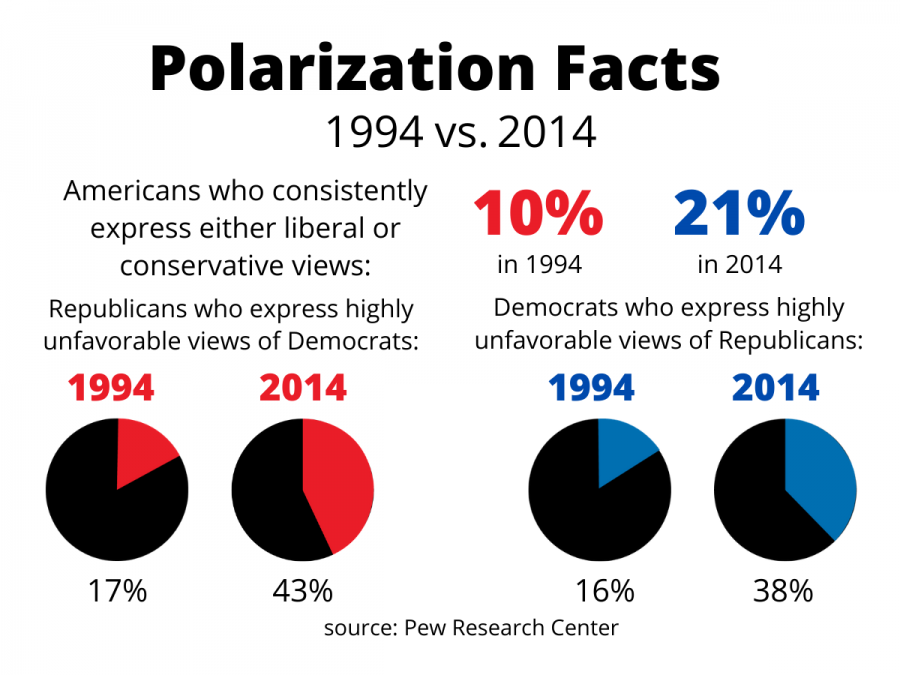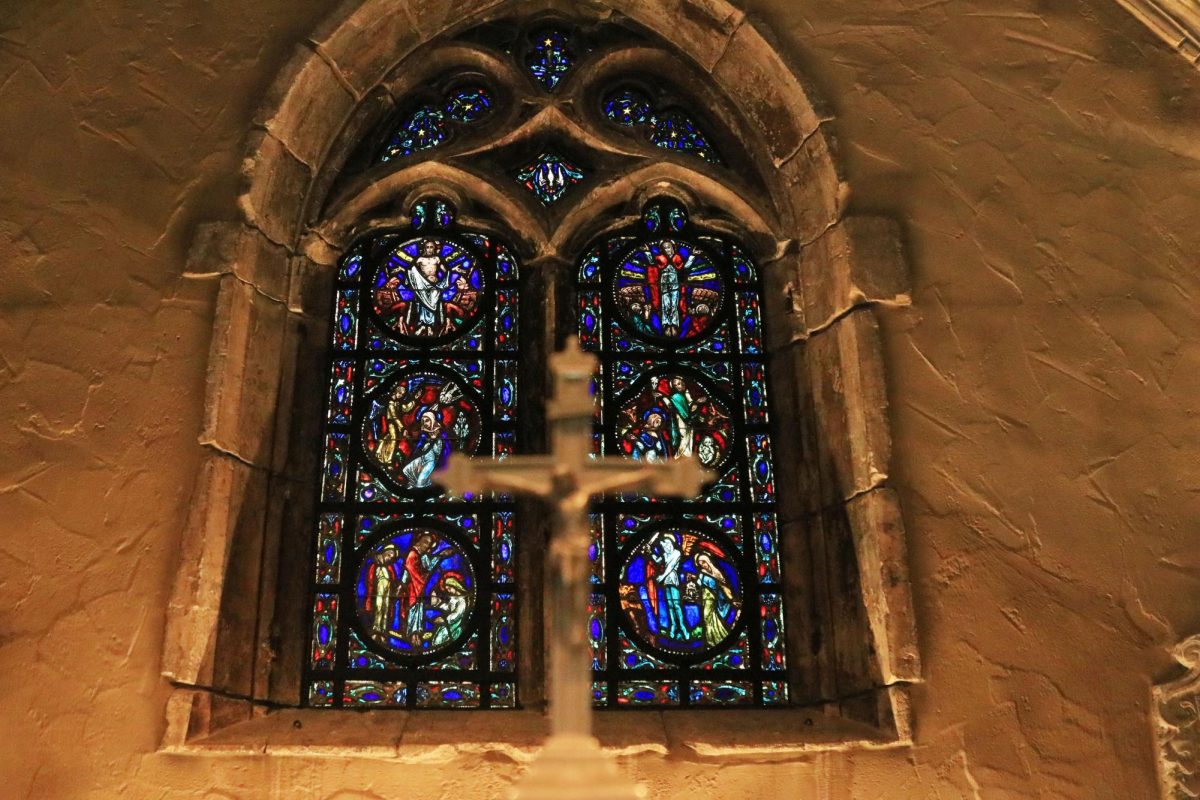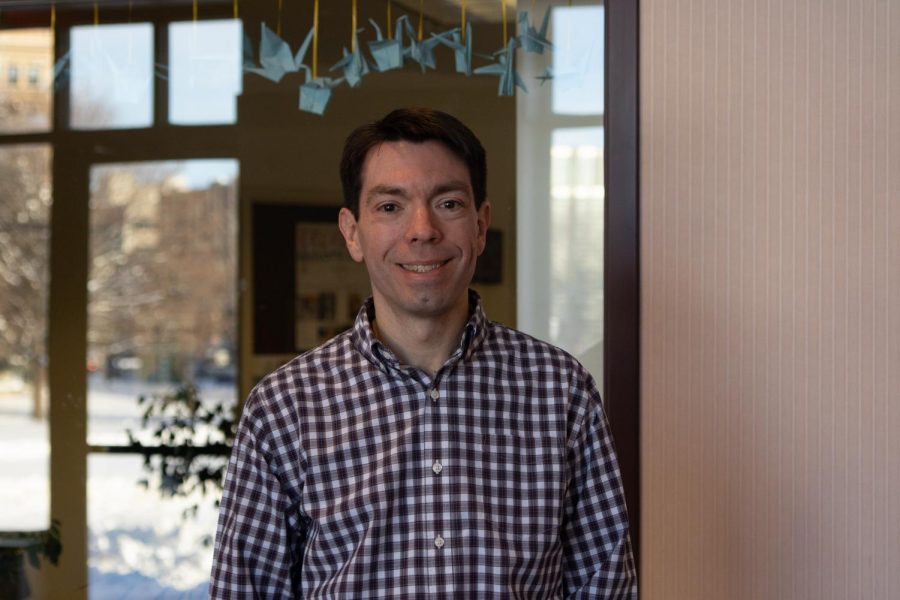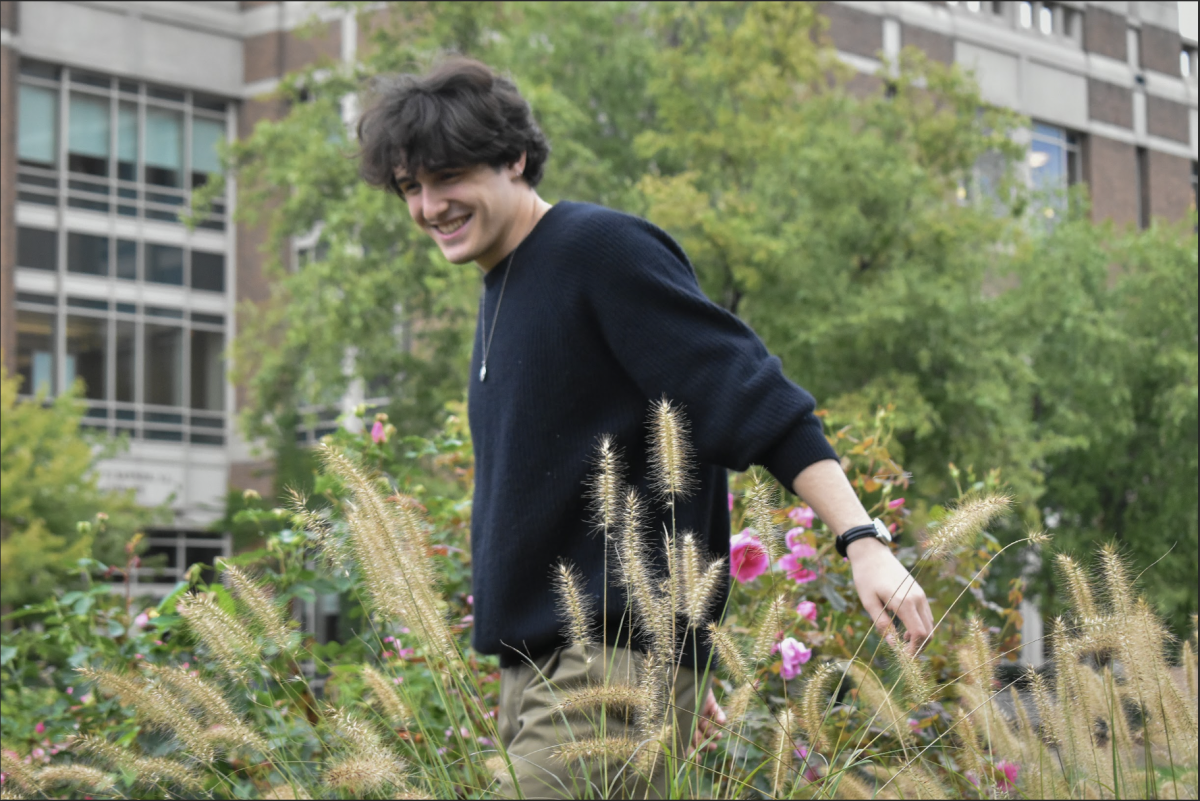 William Shakespeare said love is blind. Lovers are too drunk on ecstasy to recognize each other’s follies. This may be true in the first steps of a relationship, but as hardships sink in, and the strength of love keeps them together, that veil disappears and they see each other for who they are.
William Shakespeare said love is blind. Lovers are too drunk on ecstasy to recognize each other’s follies. This may be true in the first steps of a relationship, but as hardships sink in, and the strength of love keeps them together, that veil disappears and they see each other for who they are.
It is through love that they surpass the stages of knowing each other to understanding each other. The power of love is true for all types of relationships, especially when it comes to religion.
In the “U.S. Religious Knowledge Survey,” conducted by the Pew Research Center’s Forum on Religious and Public Life from May through June, atheists/agnostics had the highest average score out of the 3,412 American Christians, Jews and atheists polled. Those surveyed equally varied in class and demographics.
The survey asked general trivia questions about Christianity, Buddhism, Judaism, Islam and Hinduism. The survey takers affiliated with a religion scored the highest on the questions about their religion, but atheists/agnostics showed a more general and widespread religious knowledge.
Sure, having a good picture of the religious spectrum in the world can help them to be respectful global citizens. However, understanding a religion goes far beyond its informational knowledge. This survey tested people on their knowledge of religion, not their understanding.
Understanding comes through love, as said before. To develop love, not only do you have to know the religion’s structure and stories, but you have to believe them.
For instance, you take a class on Catholicism and learn about how a priest, by the power of God, turns a wafer into the body of Jesus Christ to make the Eucharist.
Unless you believe in the Christian God, this miracle makes no sense and seems very bizarre. A wafer transforms into flesh, but still looks the same? You know the story, but it does not mean anything to you.
On the other hand, Catholics believe this miracle is beautiful because it shows their God loves them.
Understanding God’s love and accepting it is a lifelong struggle for believers.
It is hard to remain strong in a religion that stays the same, while the world changes and lives go up and down on a Ferris wheel. Catholics have to pray, read the Bible, attend communal worship and evaluate how they can apply this religion to their lives in times of high and dry faith.
This devotion is present in all religions through daily rituals and sacred holidays. Muslims keep their minds focused on Allah by practicing Salah, a ritualistic prayer performed five times a day. Buddhists practice meditation to achieve enlightenment. Jews observe Rosh Hashanah, Yom Kippur and Passover.
All religions are demanding of their followers because it takes work to believe in something that can’t be scientifically proven. You can’t examine the Eucharist under a microscope and find the genetic makeup of God. You can only know it is true in your heart through faith.
Remember, knowing a religion is only halfway to understanding it. Love is needed to understand because it gives religion personal significance and allows you to see it for what it is.
If you affiliate yourself with a religion, it is up to you to work at keeping and strengthening your faith. Just because you grew up going to church or the synagogue every Sunday does not mean that you understand it. You might know the religious culture, but do not understand the love.
This can be changed with effort if you exercise your heart and mind according to the practices created by your religion. Dig into its doctrines. Live by its rules. Join an affiliated community.
Be more than a religious trivia junkie and make the facts and stories a part of your life.







Michael • Oct 8, 2010 at 7:02 pm
I was a priest in the Anglican faith. Ms. Power is misguided in her thoughts. I was a faithful and true believer. I respected and admired other religions, too. Almost all atheists come out of religious faith as people who sought to understand their faith and the faith of others in order to make sense of the realities of life. Her article seems to imply that atheists are simply people who never had faith and started looking at religion academically. That is about as far from the truth for most of us as you can get. Our atheism arose from the understanding of faith she discusses in her article, not in lieu of it. Maybe Ms. Power could use her own advice and try to understand atheists before jumping to ill-founded conclusions about us.